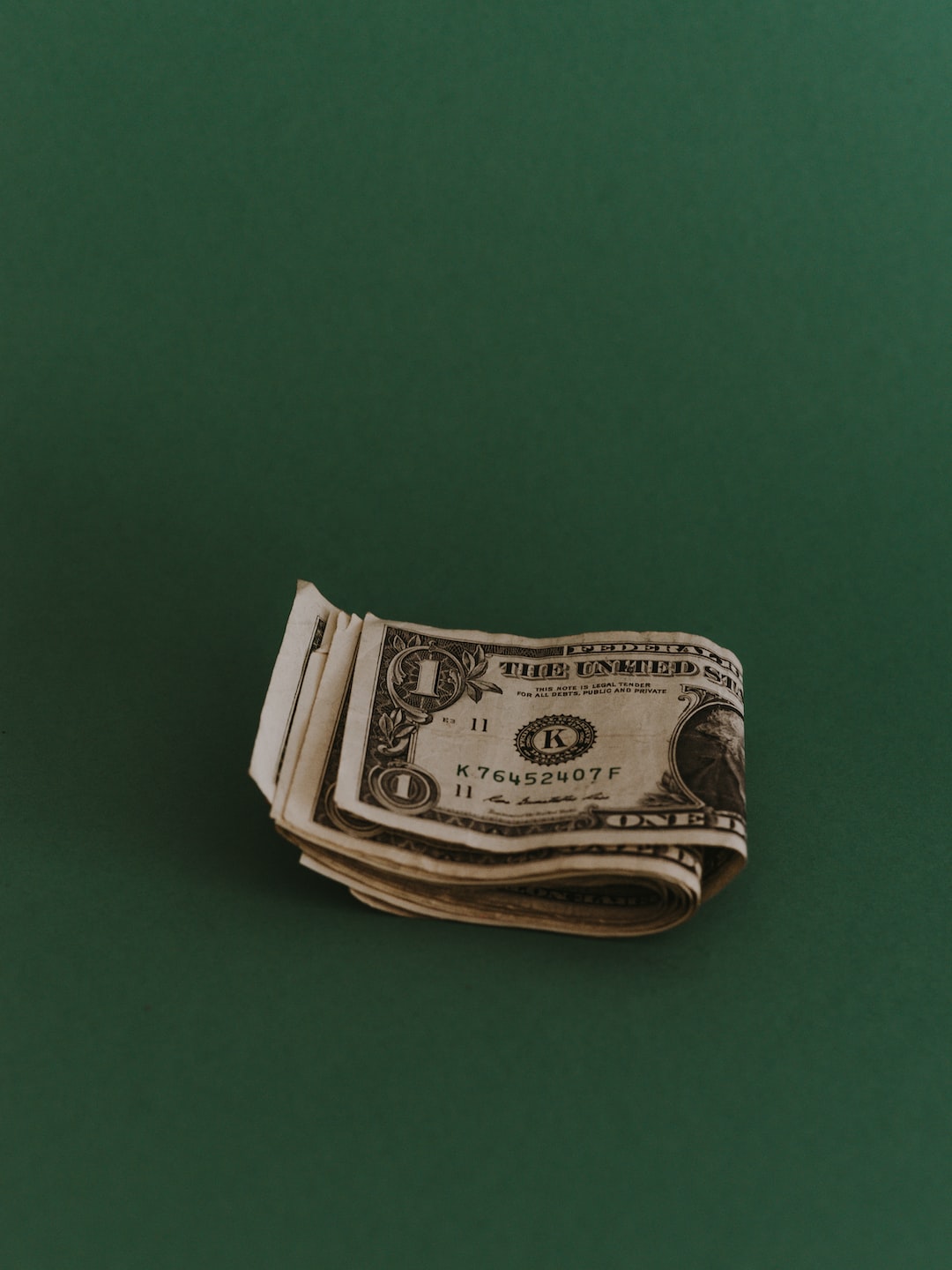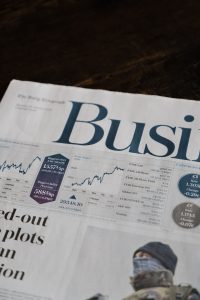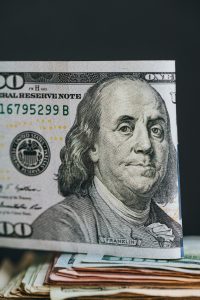Forex (foreign exchange) is the largest financial market in the world, with an average daily turnover of $5.3 trillion. It is a decentralized market where currencies are traded 24 hours a day, five days a week. Many people are interested in getting started with forex trading, but they do not know where to begin. In this article, we will discuss how you can get started with forex trading.
Understand the basics of forex trading
Before you start trading, it is important to understand the basics of forex trading. Forex trading involves buying and selling currencies in order to make a profit. The goal is to buy a currency when it is low and sell it when it is high. This is known as a long position. Alternatively, you can sell a currency when it is high and buy it back when it is low. This is known as a short position.
To trade forex, you need to open an account with a broker who provides access to the forex market. The broker will provide you with a trading platform where you can place trades. You will also need to fund your account with money that you can afford to lose.
Learn about the different trading strategies
There are different trading strategies that you can use to trade forex. Some of the most common strategies include:
– Day trading: This involves opening and closing trades within the same day. This strategy is suitable for traders who want to make quick profits.
– Swing trading: This involves holding trades for several days to take advantage of price movements.
– Position trading: This involves holding trades for several weeks or even months. This strategy is suitable for traders who want to take advantage of long-term trends.
– Scalping: This involves making multiple trades in a short period of time to make small profits.
Choose a trading style that suits your personality and trading goals. It is important to note that no trading strategy is guaranteed to make you money. You need to have a good understanding of the market and develop a trading plan that suits your needs.
Practice with a demo account
Before you start trading with real money, it is important to practice with a demo account. A demo account is a simulated trading platform that allows you to trade using virtual money. This is a great way to get familiar with the trading platform and test your trading strategy without risking real money.
Most brokers offer demo accounts that you can use for free. You can use the demo account to practice different trading strategies and get a feel for the market.
Develop a trading plan
A trading plan is a set of rules that you follow when trading forex. It should include your trading goals, risk management strategies, and entry and exit rules. A trading plan will help you stay disciplined and avoid making emotional decisions.
Your trading plan should also include a risk management strategy. This is important because forex trading involves a high level of risk. You should never risk more than you can afford to lose. A good risk management strategy includes setting a stop-loss order to limit your losses and using proper position sizing to manage your risk.
Stay up-to-date with market news and events
The forex market is affected by a variety of factors, including economic news and events. It is important to stay up-to-date with market news and events that can impact the currency markets. This will help you make informed trading decisions.
There are many resources available that can help you stay informed about the market. You can subscribe to newsletters, read financial news websites, and follow market analysts on social media.
Conclusion
Getting started with forex trading can be intimidating, but it is not as difficult as it may seem. By understanding the basics of forex trading, choosing a trading strategy that suits your personality and trading goals, practicing with a demo account, developing a trading plan, and staying up-to-date with market news and events, you can increase your chances of success in the forex market. Remember to always manage your risks and never risk more than you can afford to lose.






